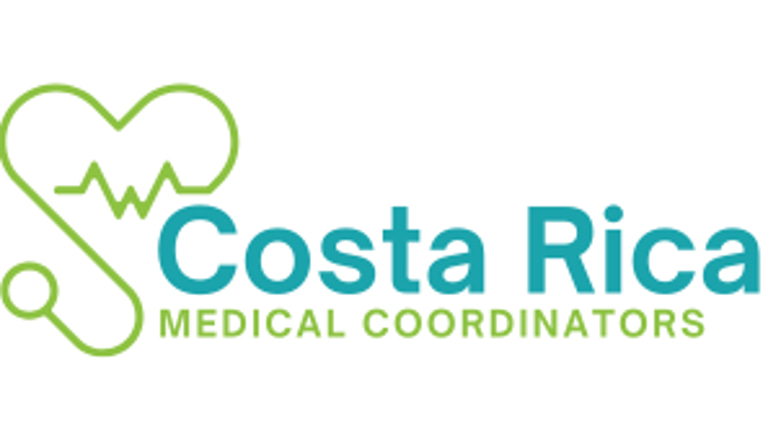Is Costa Rica good for medical tourism?
Connecting you with top doctors and affordable treatments in Costa Rica for a seamless experience.
Internationally Accredited Hospitals in Costa Rica, with global recognition from the World Health Organization and prestigious accreditations like Joint Commission International (JCI)
As a leading Medical Tourism Hub, Costa Rica welcomes foreign patients seeking high-quality procedures at savings of 40% to 70% compared to US costs.
Costa Rican hospitals prioritize patient experience, offering modern facilities, English-speaking staff, and personalized attention to ensure a positive and comfortable medical journey.
Costa Rica's health care offers hospitals with a unique blend of top-notch medical services, cost-effective pricing, expert international staff, and exceptional patient care. This remarkable combination has established Costa Rica as a premier hub for medical tourism, elevating its healthcare institutions to global acclaim.
Health care in Costa Rica ensures top-tier patient care and safety standards
Yes! High-quality healthcare services at affordable prices are increasingly turning to Costa Rica as a premier medical tourism destination. With its world-class healthcare facilities, experienced medical professionals, and advanced technology, Costa Rica offers a wide range of medical treatments and procedures, from cosmetic surgery to complex treatments, making it an attractive option for Americans and Canadians seeking quality healthcare. Patients can benefit from cost-effective healthcare options without compromising the quality of service received, making Costa Rica a top choice for medical tourism enthusiasts.
People often question the legitimacy of doctors and hospitals in other countries. This is, in fact, a good thing. You should be interested in the qualifications of the doctors who treat you and the type of equipment they use. Both can have a tremendous impact on your health.
There are a great deal of misconceptions regarding medical tourism. The following are some of the most common
The first misconception is that foreign doctors are less qualified than doctors in the U.S. or Canada. In some parts of the world, this may be true—the doctors, for example, in rural Africa are no doubt less qualified than doctors in the U.S. However, in places like Costa Rica, this is simply not the case. Many physicians, dentists and doctors in Costa Rica are educated in American or Western European medical schools. They undergo the same rigorous training as native citizens.
The second most common misconception is that foreign hospitals or clinics do not have proper medical facilities or equipment. International standards require these facilities to be safe and secure and many hospitals decide to become accredited by an international organization, such as the Joint Commission International (JCI) or the American Association for Accreditation for Ambulatory Surgery Facilities International (AAAASFI), to gain the confidence of foreign patients. Due to this, many of these hospitals/clinics have state-of-the-art equipment (much of which is imported from the U.S.) and offer the most up-to-date procedures. Most dentists in Costa Rica, for example, import their equipment from the U.S. and use the same products for crowns, implants and veneers that a dentist in the U.S. would use.
Many people assume that foreign doctors do not speak English. In most cases, this is not true. As previously stated, many foreign doctors train at universities in the U.S. or Europe where English is required. Because of this, these doctors speak excellent English and can communicate confidently and precisely.
A final misconception is that the cost of travel will more than account for the savings incurred from an affordable medical procedure. Although the amount you save depends on the type of procedure and the duration of your stay, most medical tourists end up saving money. As you will see in the next few pages, treatment abroad is significantly more economical—so much so that the savings more than cover the amount of money you will spend on airfare, hotels, and food along the way.
MISCONCEPTIONS ABOUT MEDICAL TOURISM
We are located in beautiful Costa Rica, providing comprehensive medical coordination services tailored for those seeking quality healthcare abroad.
